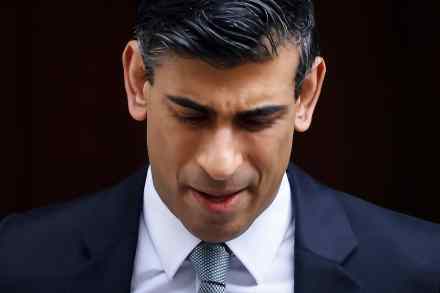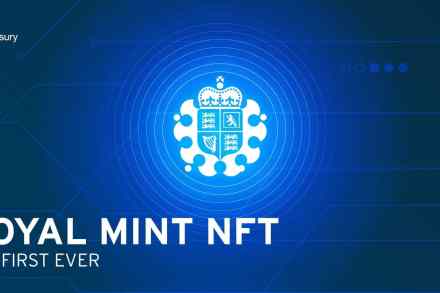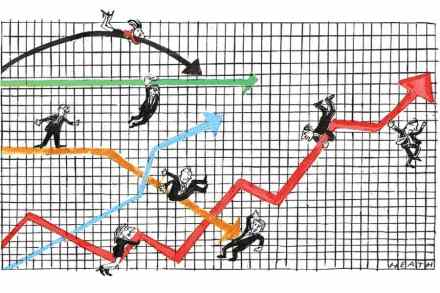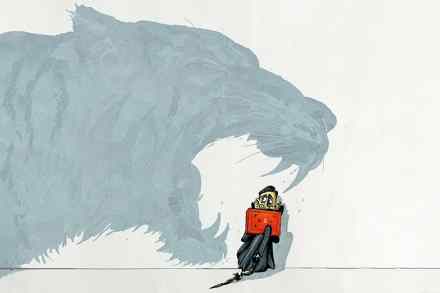Poll: Rishi should quit as Chancellor
It’s been a pretty awful week for Rishi Sunak. In the space of seven days, his wife was revealed to be a non-domiciled resident, average wages fell by the highest sum since 2013, he admitted having a US Green Card until last year and UK GDP grew by just 0.1 per cent. Oh, and there was the small matter of the Metropolitan police fining him for a breach of lockdown laws. In Westminster, the impact of all that on his political capital is still sinking in. But in the country, it seems that the mind of the public is pretty clear: Rishi’s star is on the wane. For every voter who



















